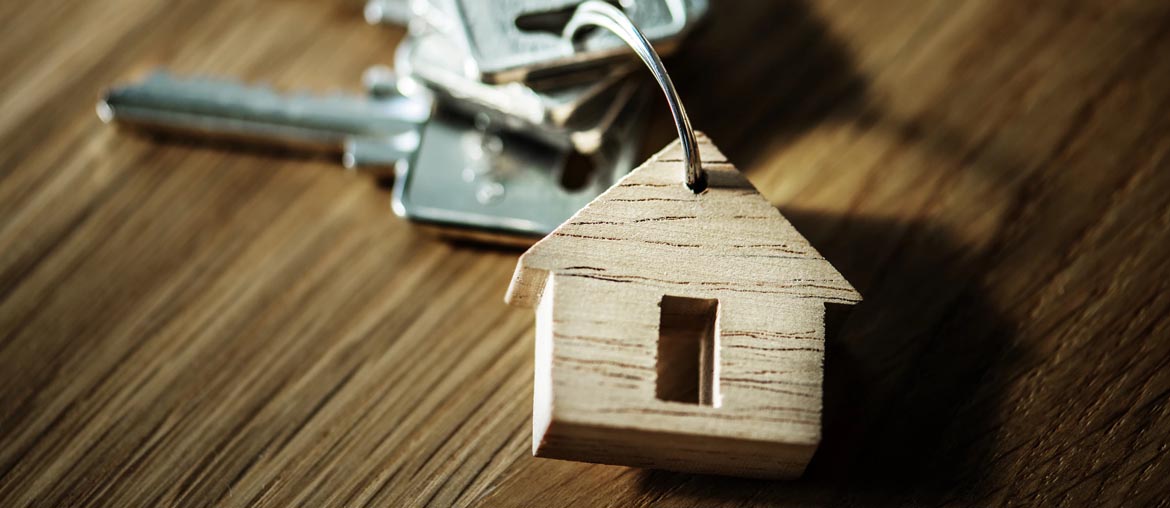Tenant expectations include adhering to the terms of the lease, paying rent on time, and maintaining the property’s cleanliness, safety, and habitability. The landlord’s duties can be divided into five primary categories: liability, maintenance, giving possession of the unit, security deposit, and owner disclosure.
Laws pertaining to rental housing are in place to safeguard both landlords and tenants during the rental agreement. Owners of rental properties want to run a successful business and safeguard their assets. Tenants want to be treated properly, be educated about their property, and live in their rental house in safety and tranquility. When both tenants and landlords take their obligations seriously, the relationship between them will remain amicable, productive, and easy to maintain over time.
Tenant obligations from the landlord
For what reasons are landlords accountable? Five categories make up the list of duties for landlords: liability, maintenance, delivering possession of the apartment, disclosure of the owner, and security deposit.
Handling prepaid rent or security deposit
It is legal for any landlord to demand a security deposit in exchange for renting out their property. If the renter damages the property, doesn’t pay the rent, or violates the terms of the lease, money from the security deposit is returned. The highest amount of security deposit that a landlord may demand, the purposes for which it may be utilized and the deadline for its return are all governed by state and local laws.
Duty to provide information
It is the landlord’s duty to provide their tenants with specific information about the property owner. It is not necessary that the landlord and property owner are the same individuals. Someone might be responsible as acting landlord. It is not necessary for the tenant to know who owns the building; however, they do need to know the name and address of the person or people who are in charge of collecting rent, maintaining the building, making repairs, serving notifications, and handling complaints.
This information ought to be given in writing and included in the lease agreement. For instance, if you are interested in having a property in a smart city in Lahore you will need to understand who to contact and all the emergency-related details in case you need to communicate.
Duty to transfer ownership of property
This entails having the home unoccupied and prepared for the tenant’s move-in on the day mentioned in the lease. If the renter cannot access the unit, the landlord may breach the lease, and the tenant may file a lawsuit.
Furthermore, the landlord could need to file a lawsuit against any other person or former renter who is still on the property but does not have the legal authority to be there.
Duty to keep the device in working order
It is the landlord’s duty to keep the rental property clean, safe, well-maintained, and suitable for habitation. In addition to maintaining common spaces, providing appropriate trash receptacles, adhering to building requirements, and doing any necessary repairs, the landlord is also responsible for maintaining all utilities, including heat, water, electricity, and plumbing.
Tenants’ responsibilities for rental property
The conditions outlined in the lease agreement are known as the tenant’s duties.
Keeping the space clean and safe
Tenants are required to maintain a suitably safe and tidy living space. The apartment must be free of hygienic risks like pet waste and safety risks like obstructed fire escapes.
Observing housing and building codes
Tenants are subject to certain health and safety-focused aspects of municipal building and housing laws, which include having a qualified plumber or electrician do work subject to safety guidelines. Tenants have to follow these guidelines.
Getting rid of rubbish
Regular trash disposal is necessary. It is the responsibility of the tenants to keep trash and rubbish from piling up.
Tenants are required to operate all utilities—including heating, cooling, and plumbing—in accordance with their original purpose. This includes operating all electrical and plumbing equipment correctly.
Upkeep of plumbing fixtures
Tenants are required to maintain the integrity of any plumbing fixtures. This covers the toilet, shower, and fixtures.
Maintaining the landlord-provided appliances
Tenants are in charge of maintaining dishwashers, stoves, washers, dryers, refrigerators, and any other equipment provided by the landlord.
Avoiding causing harm to the device
Tenants are accountable for making sure that no component of the property is harmed by visitors, service providers, or anybody else they permit on the premises. This applies to the backyard, communal areas, and basement.
